Wild seas, historic castles, vast mine workings, secret beaches, and rugged moorland; with a landscape as magical as Cornwall’s it is little wonder that this special county is steeped in fantasy and folklore. From slayers of giants, to kings of old, we’ve put together a few of our favourite Cornish myths and legends…
King Arthur
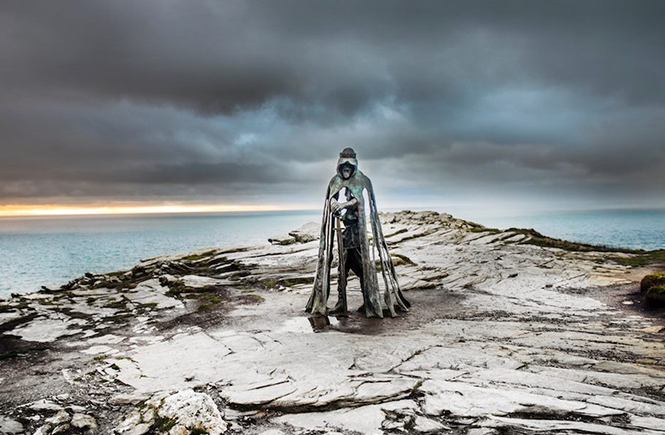
The Legend of King Arthur is perhaps one of the most famous Cornish myths. The story goes that King Arthur was conceived at Tintagel Castle after his father, Uther Pendragon, asked the Wizard Merlin to change his appearance to look like the Duke of Cornwall. After gaining access to the Tintagel fortress, Uther fell in love with Igraine, the Duke’s wife and Arthur came to be. The legend continues with King Arthur rowing out to the bottomless Dozmary Pool on Bodmin Moor and receiving the sword, Excalibur from the mysterious Lady of the Lake. You can read more about castles in Cornwall and their histories here.
Mermaid of Zennor
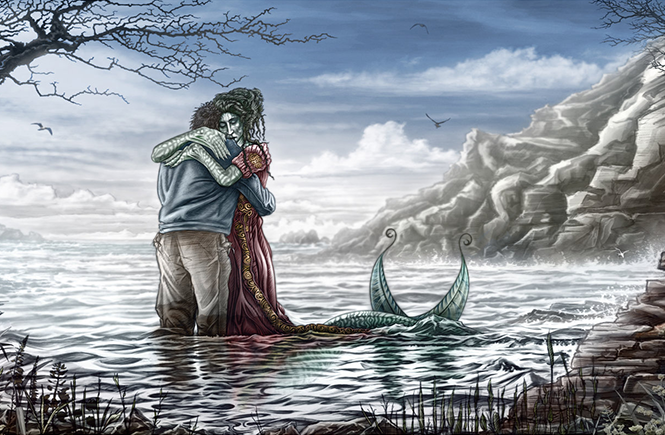
A tale first recorded in 1873, legend tells of a young woman with a stunning voice who would infrequently visit the church at Zennor. During one of these visits she became enchanted with a young man called Mathew Trewella, the best singer in Zennor. He, in turn, fell in love with her and followed her into the sea, never to be heard from again. It was only when a ship anchored in Pendower Cove, near Zennor and the ship’s Captain reported that a mermaid had asked him to move his anchor off the door to her home, that the villagers made the connection between the mysterious and beautiful woman who would visit their church. Even now it’s claimed that the mermaid and Mathew still sing at Zennor and that their songs can tell the fishermen when it is safe to go to sea and when they should stay at home.
Jack the Giant Killer
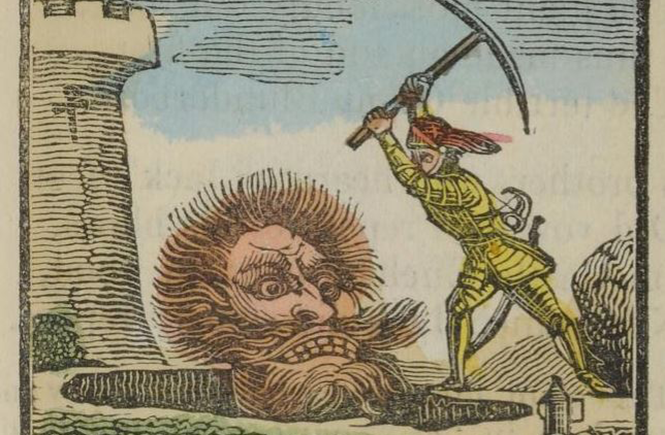
St Michael’s Mount was said to be the home of a giant named Cormoran. He lived there with his wife, Cormelian, quarrying the granite which the island is formed of. Cormoran was a cruel giant, stealing farmer's livestock to eat as well as consuming men, women and children. It became such a problem that the Councillors of Penzance came together, offering the giant’s treasure to anyone who could rid them of Cormoran. A farmer’s boy called Jack decided to take on this challenge, swimming across to the island in the dead of night and digging a deep pit on the path the giant used and covering it with sticks. At sunrise Jack blew a horn and taunted Cormoran who chased him and fell into the pit, where Jack then beheaded him.
The Cornish Knockers
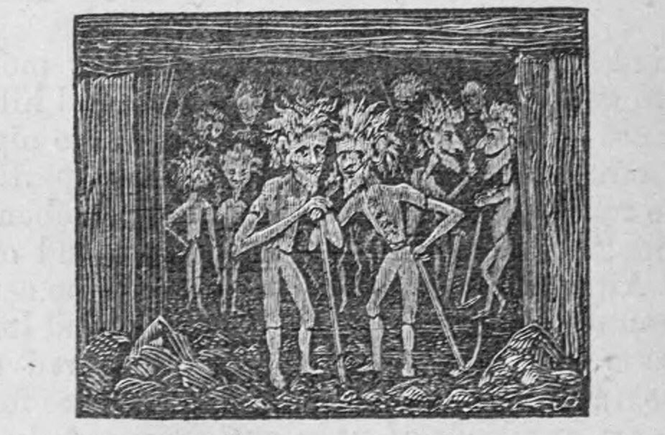
Similar to Cornish piskies, The Cornish Knockers were thought to be tiny people living in Cornwall’s mines. In traditional folklore the knockers were helpful creatures, knocking on the walls of the mines to warn the miners that tunnels were going to collapse. They were also considered to be mischievous, playing good-natured pranks or tricks on the miners who thought so highly of them they would even leave out pieces of pasty both as thanks for the warning, and to avoid being on the receiving end of a prank! Others claimed the knockers were actually spirits of miners who had lost their lives in the mines and were trying to prevent others from suffering the same fate.
The Beast of Bodmin Moor
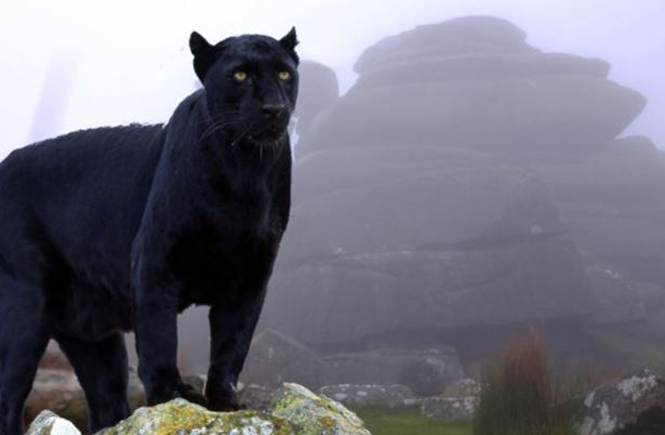
A more modern myth, rumours of the Beast of Bodmin have been circulating since 1978. Said to be a cat-like creature resembling a puma or a panther, stories of the beast have been fuelled by sightings, blurry photographs and reports of livestock being mauled to death. The fear reached such heights that in 1995 the government even launched an investigation into the existence of the beast. Some claim that animal trainer Mary Chipperfield released three pumas into the wild after closing her zoo in 1978, and to this day they roam the moors. Despite the government finding no evidence that the beast exists, many locals are firm believers, with some even describing how they’re more careful where they venture on days when wildlife, such as rabbits and birds, are quiet or hiding.
The Sea Bucca
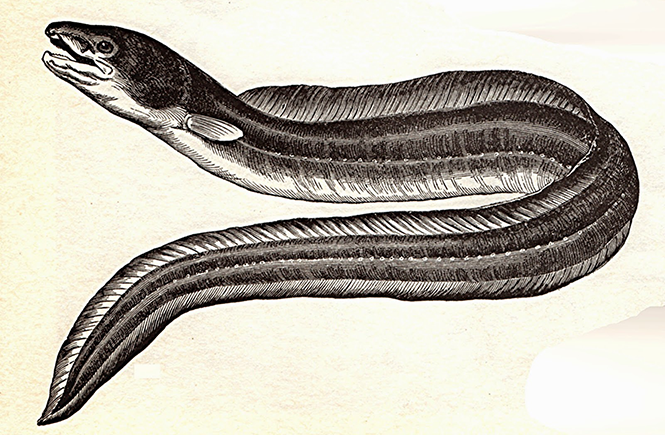
In The Tale of the Sea Bucca, the Bucca is said to inhabit Lamorna Cove. Once a human prince, he was cursed by a witch and transformed into a dark brown conger eel with a tangled clump of seaweed for hair. He is said to enjoy swimming in the waves, lying in sea caverns or sitting on rocks with the sea birds, where he can watch children playing on the sand. The story goes that he assisted the Lamorna fishermen, herding the fish together and driving them into the fishermen’s nets. Despite this seemingly friendly and helpful nature, the fishermen feared him for he was rumoured to be capable of terrible vengeance, and so they left him a share of their catch on the beach as an offering.
Captivated by these legends and want to visit Cornwall for yourself? Take a look at our holiday cottages in Cornwall >
Tags: Cornwall | Lamorna | Myth | Folklore | Legend | King Arthur |